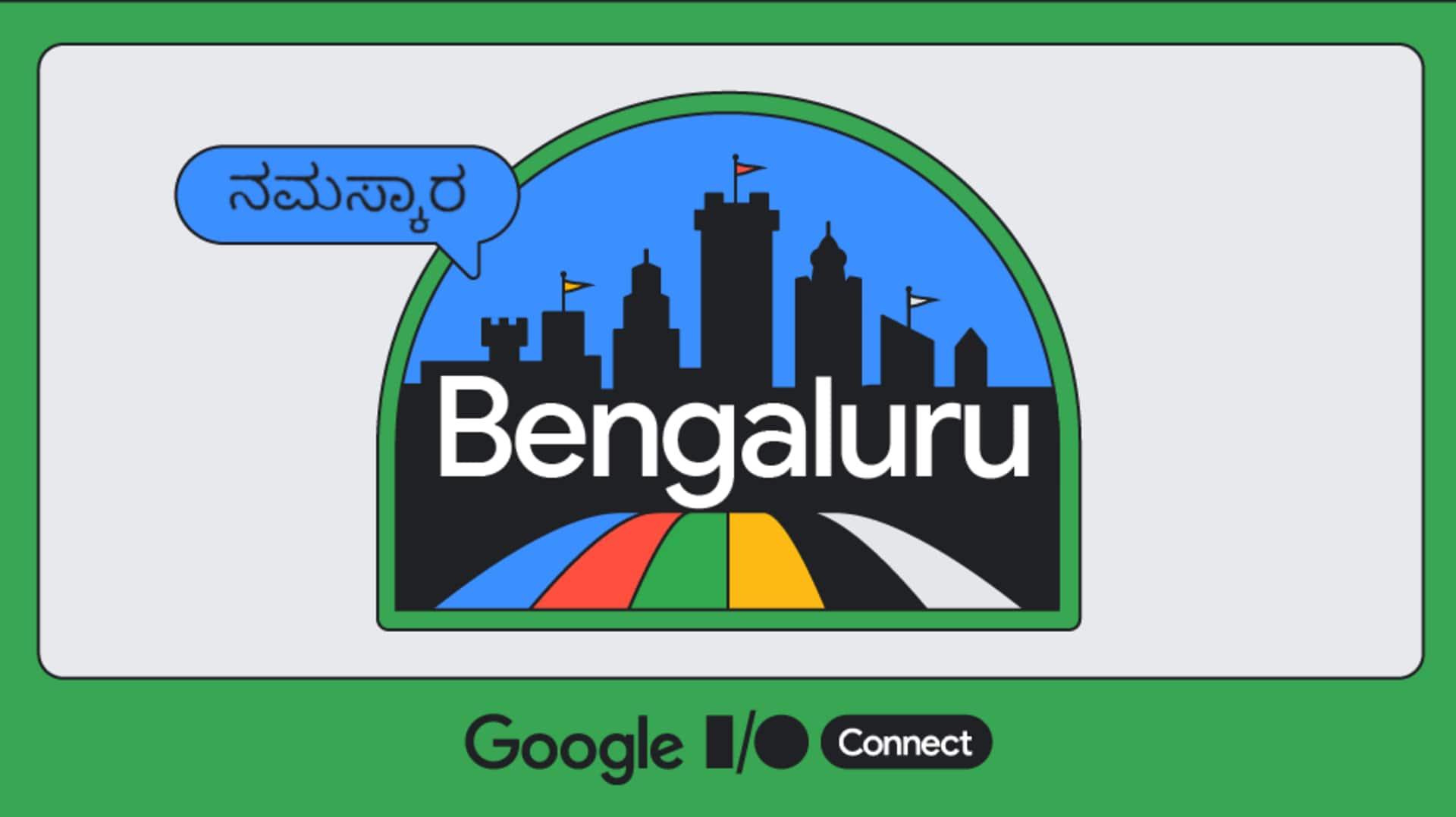
Google India's first I/O Connect developers event: Key takeaways
What's the story
Indian developers were in for a blast at the Google I/O Connect developer conference in Bengaluru. The tech giant's first India-specific I/O event brought a slate of artificial intelligence (AI) and other tools to developers in the country.
The event was a testimony to India's growing importance in Google's ecosystem.
Let's take a look at the key announcements from the event.
PaLM
Google introduced PaLM API and Vertex AI in India
As expected, AI was the center of the I/O Connect Bengaluru event. The company announced the availability of its latest LLM PaLM 2 via PaLM API and MakerSuite to Indian developers.
The company also announced Google Cloud's Vertex AI in India. Developers will have access to a PaLM 2-powered text model, Embeddings API, Model Garden, and Generative AI Studio in Vertx AI.
Information
Google's AI-generated images will have metadata and markup
Google said all of its AI-generated images will have metadata and markup on the original file to give users context of the image. This will remove any confusion regarding AI-generated images.
ONDC
Company launched an accelerator program for ONDC
One of the biggest announcements at the I/O was Google's decision to join the government-backed Open Network for Digital Commerce (ONDC).
The company launched an accelerator program for ONDC. As part of this, Google Cloud is open-sourcing its core APIs.
Businesses will also have access to Google's Retail AI to improve the search experience and PaLM API to enhance the quality of catalogs.
Project Vaani
Google and IISc open-sourced data under Project Vaani
Last year, Google joined hands with the Indian Institute of Science (IISc) Bengaluru to launch an initiative called Project Vaani.
The purpose of the project was to digitalize Indian languages from 773 districts with the help of AI.
Google and IISc have now open-sourced the data, which includes 4,000 hours of speech data across 38 languages. It was collected from over 10,000 speakers.
Information
It open-sourced satellite images of over 200mn buildings
Google also open-sourced its Open Buildings dataset, which includes the satellite imagery and location of over 200 million buildings in the country. Every building in the dataset has a Plus Code, which provides a unique address to a location.
Maps
Google launched India-first Address Descriptors on Maps
The I/O Connect witnessed the launch of an India-first feature for Google Maps. Dubbed Address Descriptors, the feature allows developers to help customers find addresses easily.
The experimental feature is available in 25 Indian cities. Developers can access it through the Reverse GeoCoding API.
This allows Google Maps to be integrated with ONDC and improve the serviceability of orders.
Information
Google's SeeGull Database will fight stereotypes in natural language processing
Google also open-sourced the SeeGull Database to mitigate biases in natural language processing. The database is a global stereotype benchmark that covers different stereotypes across the world, including India. It consists of over 7,500 stereotypes.